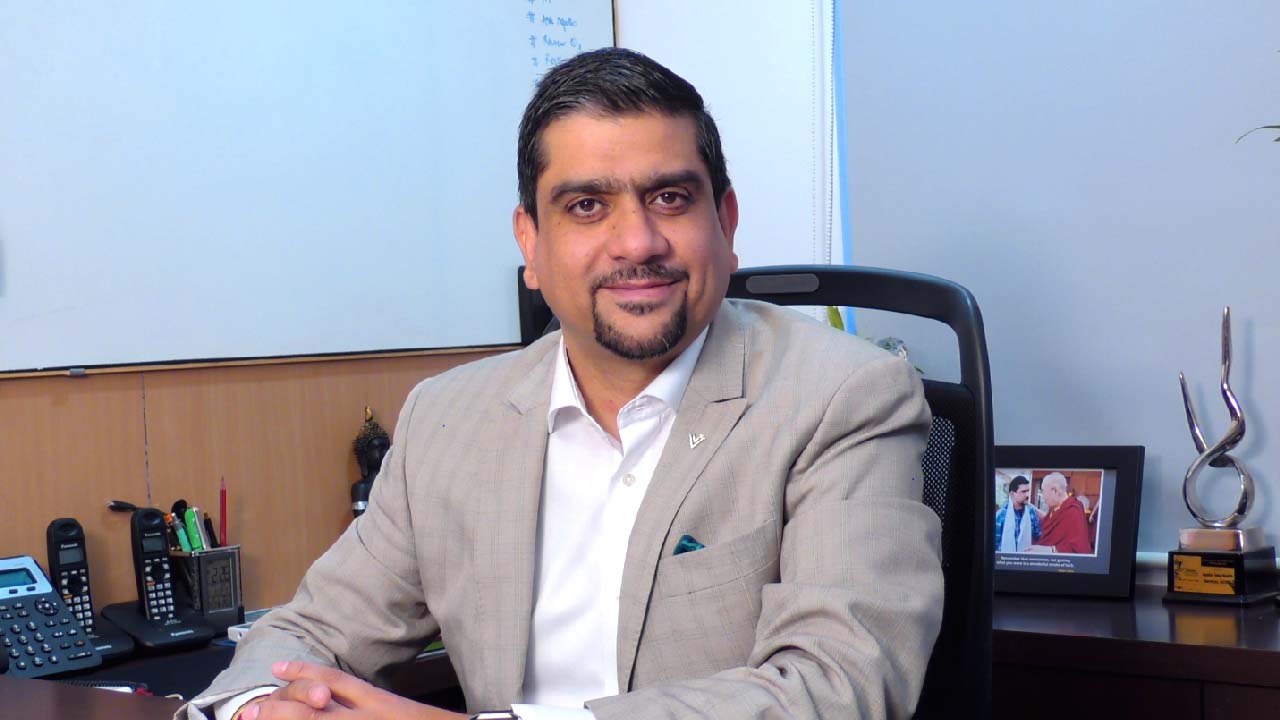Among the industries that have been drastically transformed by the pandemic, the healthcare industry has probably changed the most. With advances in technologies like artificial intelligence (AI), machine learning (ML), robotics, the Internet of Things (IoT) and Big Data, the future of healthcare is taking a new shape right in front of us and making the job easier for doctors. As per McKinsey, innovation driven by technology has the potential to enhance our understanding of patients, allow the delivery of more individualized, convenient care—and create $350-$410 billion in annual revenue by 2025.
As the preference shifts from volume-based care to value-based care and consumer choices change, physicians are quickly aligning themselves with the innovations in technology. They believe that it has the potential to enable better care, save time, foster the relationship with other medical professionals and patients and enhance patient outcomes.
How Doctors Perceive Technology’s Role in Healthcare
According to the Future Health Index (FHI) India Report of 2021, healthcare leaders in India are making an imminent shift towards adopting digital technologies, prioritising remote care and putting into action sustainable healthcare practices. In fact, a Commonwealth Fund/Kaiser Family Foundation poll revealed that 50 per cent of doctors believe that more use of health technology had a positive impact on their ability to provide enhanced care to patients. Here’s how doctors perceive technology’s ability to impact healthcare.
Enhanced Screening and Diagnostic Efficiency
AI is one of the most powerful tools that can completely revolutionise the healthcare industry. It has the ability to scan through medical records, design treatment plans, develop medicines and drugs quicker and also diagnose different conditions. Recently DeepMind artificial intelligence developed by Google helped to analyse breast cancer. Similarly, Apollo Hospitals developed an artificial intelligence-based web tool AICVD Cardiac Risk Score with an efficiency of over 95% to predict and prevent heart diseases. Physicians or doctors are more than eager to use AI in healthcare as they believe that it has the ability to improve diagnostic efficiency. A survey involving 487 pathologists in 54 countries showed that 25.3% of them feel that the diagnostic task could be equally shared between human and AI to provide better outcomes. However, they are of the opinion that patient diagnoses would still be predominantly done by humans and AI can act as a supplemental tool in the process.
Flexibility and Better Care
The pandemic has significantly catapulted the adoption of telemedicine technology in India and has proved to be a viable medium to plug the gaps in the public healthcare system. Looking at the three aspects of telemedicine: namely the impact it has on the quality of healthcare, the amount of time spent with patients and the satisfaction of patients, doctors are excited and eager to adopt this technology. It offers them flexibility and allows them to serve patients in remote areas without the need to travel themselves. A survey of nearly 1,600 healthcare providers showed that almost 70% are motivated to use telemedicine services because of the experiences they’ve had during the pandemic and more than 50% said their outlook has improved due to connected health.
With telemedicine technology, they also have access to a wealth of longitudinal information, from blood pressure readings to biometric data to diet regime, providing them a much broader picture of what happened since the last consultation to inform and personalize continuing care. Most importantly, they believe that virtual care can provide the opportunity to improve outcomes by delivering timely care to patients who might delay it or who live in places with provider shortages.
While most doctors believe that telemedicine will stay providing greater access and convenience, it is through thoughtful engagement and past learning from failures that health systems and telehealth partners can work together to ensure seamless quality and better experience of care at all times.
Improved Performance
In recent years, virtual reality (VR) has become a promising area of science and health research. VR has the capability to transport a physician around and inside the human body, to view and access areas that would traditionally be hard to reach. This, doctors believe can not only enhance their performance but can also serve as a complimentary tool. Laparoscopic surgery, for instance, can be taught using virtual reality, and this type of training can lead to higher accuracy.
Doctors are also of the opinion that VR can serve as a cornerstone of clinical training and it’s best for medical students to be trained through VR tools before attempting real-life operations on patients.
Many doctors feel that this technology has the potential to take the healthcare industry to devise new avenues of treatment and open the doors to new opportunities. Using VR simulations, they are able to experience having certain health conditions or being in specific real-life situations that can make them more engaged with their patients' requirements and better understand what it's like to be their patients.
Final Words
While the growing influence of technology in healthcare over the coming years is inevitable, it is the right blend of technology and human interference that can offer the best path to improve efficacy in healthcare delivery, doctors believe.
(Edited by Shweta yadav)

 The three aspects of telemedicine: namely the impact it has on the quality of healthcare, the amount of time spent with patients, and the satisfaction of patients, doctors are excited and eager to adopt this technology. It offers them flexibility and allows them to serve patients in remote areas without the need to travel themselves.
The three aspects of telemedicine: namely the impact it has on the quality of healthcare, the amount of time spent with patients, and the satisfaction of patients, doctors are excited and eager to adopt this technology. It offers them flexibility and allows them to serve patients in remote areas without the need to travel themselves. 























.jpeg)








